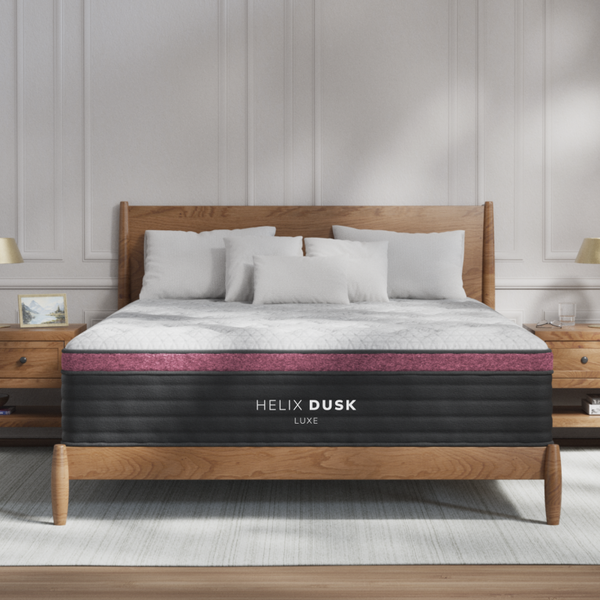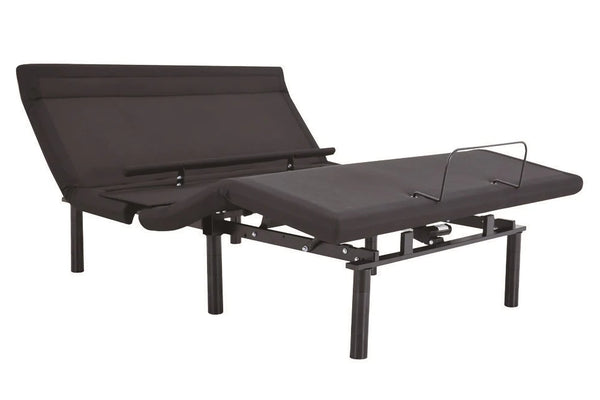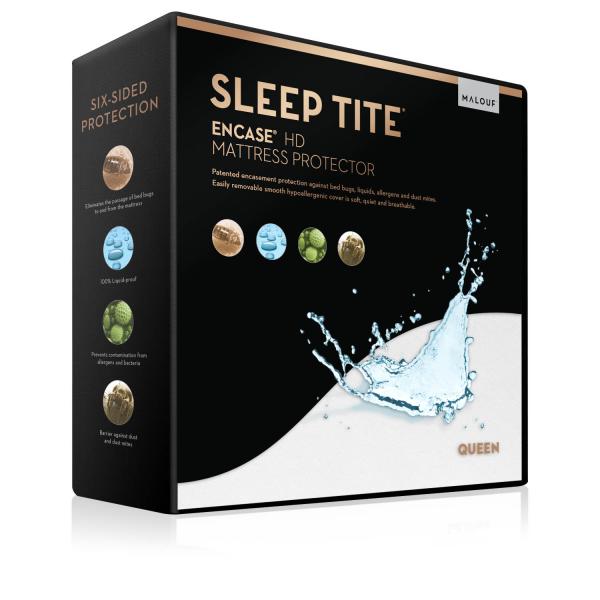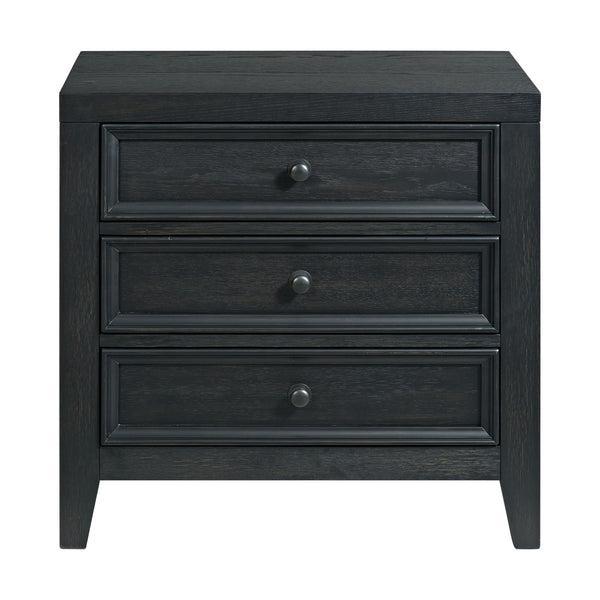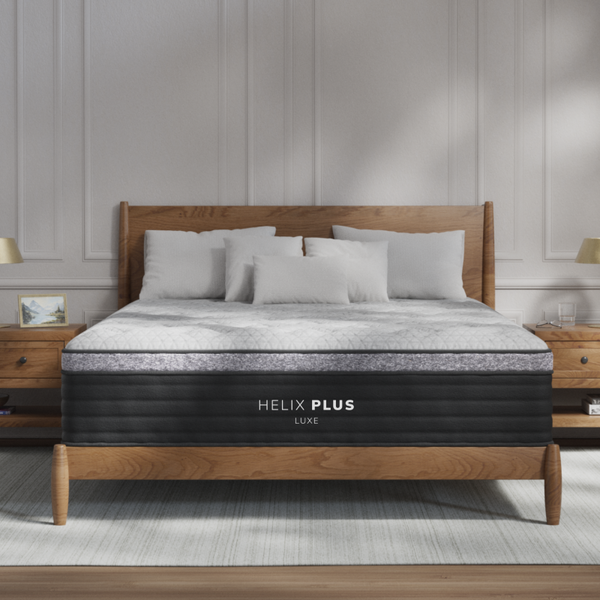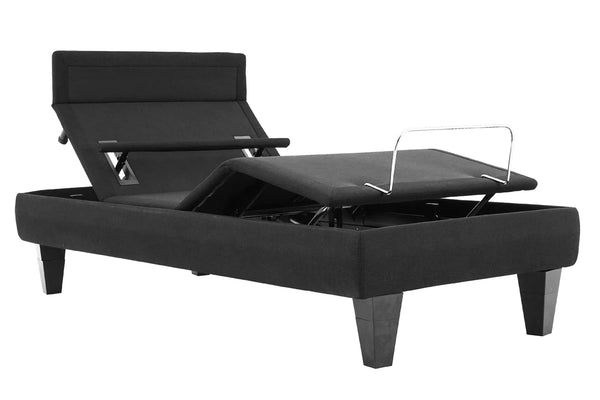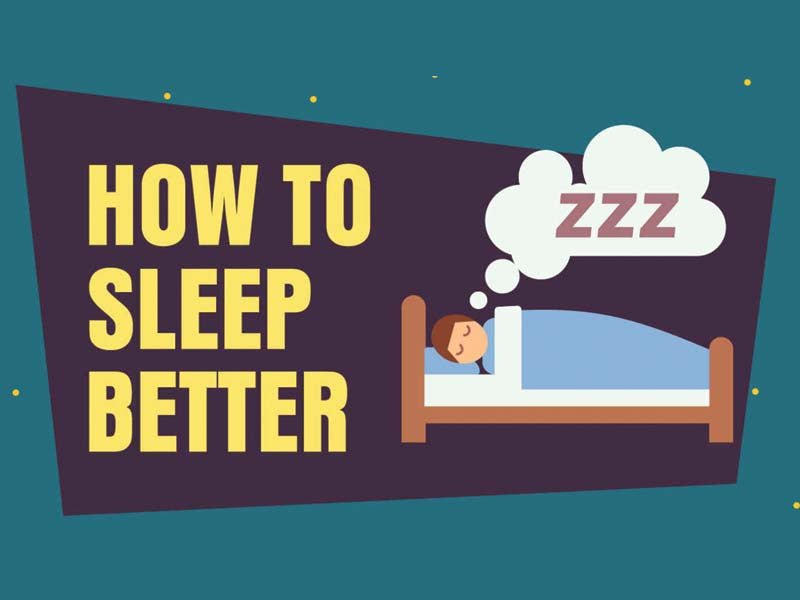
Why it is Good to Be a Back Sleeper
Back sleepers enjoy the best overall health in terms of sleeping position. While it can help relieve back and neck pain, back sleeping may aggravate acid reflux or cause snoring issues.
Propping up your head with pillows or an adjustable bed frame may ease acid reflux symptoms, but doing so may disrupt the alignment of your spine and lead to neck pain.
Back pain relief
Back sleeping is widely recognized as the optimal position for spine health, as it supports a neutral spinal curve. This can help alleviate lower back pain caused by conditions like osteoarthritis and herniated discs. If you're experiencing back discomfort, try different sleeping positions to find what best works for you - for instance if you prefer side sleeping try placing a pillow between your knees or rolling up a towel and placing under the small of your back to find what feels most comfortable.
Sleeping on your stomach may increase discomfort, but getting used to it may actually be better for your overall health than sleeping on your back, according to Salas. Side and stomach sleeping can strain muscles in your neck which could contribute to tension headaches or cause them directly; on the contrary, back sleep provides a more neutral position where head and neck can relax naturally while relieving muscular ache more effectively.
Back sleepers may also experience neck and shoulder discomfort from sleeping on soft mattresses and pillows that lack sufficient support. To achieve optimal back alignment, try investing in a firm mattress with huggable foam pillows that provide enough cushion. Also experiment with using lumbar support pillows; they may help relieve stress on lower back/neck area as well as improve posture by aligning scapula (shoulder blade) to thoracic spine.
Better sleep
Although many adults tend to sleep on their side or in a fetal position, others adults opt for back sleeping as it provides many health benefits and reduced headaches. Furthermore, it may help those living with chronic health conditions as it relieves pressure off of your face thereby helping prevent wrinkles from forming on your skin.
A mattress designed specifically to support back sleepers helps ensure correct posture while you rest, alleviating any potential discomfort in your spine or neck area while sleeping. A pillow designed for back sleepers such as Casper foam pillow can open your airway while supporting its natural curvature for healthy spine/neck position while you slumber.
Back sleepers experience less strain on their shoulders and necks, helping to prevent tension headaches. However, those suffering from obstructive sleep apnea may experience worse symptoms when sleeping on their back - in such instances it would be wiser to switch to either sleeping in the fetal position or side for maximum comfort.
Back sleeping may improve overall health; however, it might not work for everyone. If you have difficulty falling or remaining in the position throughout the night, alternative strategies such as stomach sleeping or using a snore-reducing pillow might be better options for side sleepers.
Reduced snoring
The back sleeping position is best for your spine. It mimics your posture while standing upright and distributes weight evenly, while also preventing unnatural curves that can cause back pain. Furthermore, gravity reduces pressure on your head and neck which allows mucus to drain effectively; additionally it's often the preferred position of those suffering from obstructive sleep apnea/acid reflux as this helps them keep their upper airways open at night.
Even for those who prefer other sleeping positions, back sleeping offers many of the same advantages. But for those suffering from obstructive sleep pnea or acid reflux symptoms, sleeping on your stomach or side could narrow your upper airway, leading to snoring and worsening acid reflux symptoms.
But you can still reap some of the advantages of back sleeping by using a pillow to support your neck and spine. A thin memory foam or buckwheat pillow placed so it forms a straight line from your head to shoulder top can help support both spine and neck in an ideal neutral position. In order to maximize these effects, however, avoid large, acidic foods prior to bedtime; they increase acid reflux risk significantly.
Better posture
Back sleepers can rest easy knowing they aren't compressing their spine and neck while sleeping on their back, according to Grant Radermacher, chiropractor and owner of Ascent Chiropractic. He recommends this position because it distributes body weight evenly while maintaining your natural spine curve, says Radermacher.
Back sleeping has an additional advantage in that it reduces head pressure. This helps alleviate sinus issues like nasal congestion and stuffy nose. Furthermore, back sleeping reduces acid reflux symptoms and may even help prevent wrinkles in your face and neck area.
Back sleepers may benefit from spreading out their arms or lifting them above their heads starfish-style to relax the shoulders and neck, providing essential relief to both. But be careful that you do not elevate your head too high as this could lead to neck pain.
Ideally, back sleepers should use a pillow that keeps their head in a neutral position - any excessive tucking down or elevating may result in neck pain and headaches, and twisting the torso or legs during sleep could cause herniated discs - particularly important if they suffer from degenerative disc disease. For side and stomach sleepers it's also essential to find mattresses and pillows which allow them to lie flat without twisting either their torso or legs; otherwise this may disrupt spine alignment and cause complications with degenerative disc disease symptoms.

